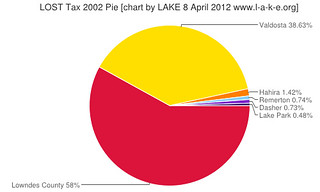Ben Hill Coal Plant was cancelled today by Power4Georgians (P4G). Losing Cobb EMC funding plus new air pollution regulations finally had a good effect.
According to SACE PR today, Proposed Ben Hill Coal Plant Cancelled in Georgia: Power4Georgians in Tenuous Position on Plant Washington After Legal Agreement
Clean air advocates and environmental groups won a victory today when Power4Georgians (P4G), the only company trying to develop expensive new coal plants in Georgia, agreed to comply with critical new safeguards against mercury pollution.The company also agreed to cancel the proposed Ben Hill coal-fired power plant and invest $5 million in energy efficiency and renewable projects. The Sierra Club, the Fall Line Alliance for a Clean Environment (FACE), Southern Alliance for Clean Energy (SACE), and the Ogeechee Riverkeeper, represented by GreenLaw and the Southern Environmental Law Center, successfully challenged the permit for Plant Washington issued by the Georgia Environmental Protection Division, and the settlement agreement is pending approval by each group. If built, Power4Georgians’ Plant Washington will have to meet the much more protective emission standards for mercury and other air toxins.
The longterm implications are even better:
Continue reading









